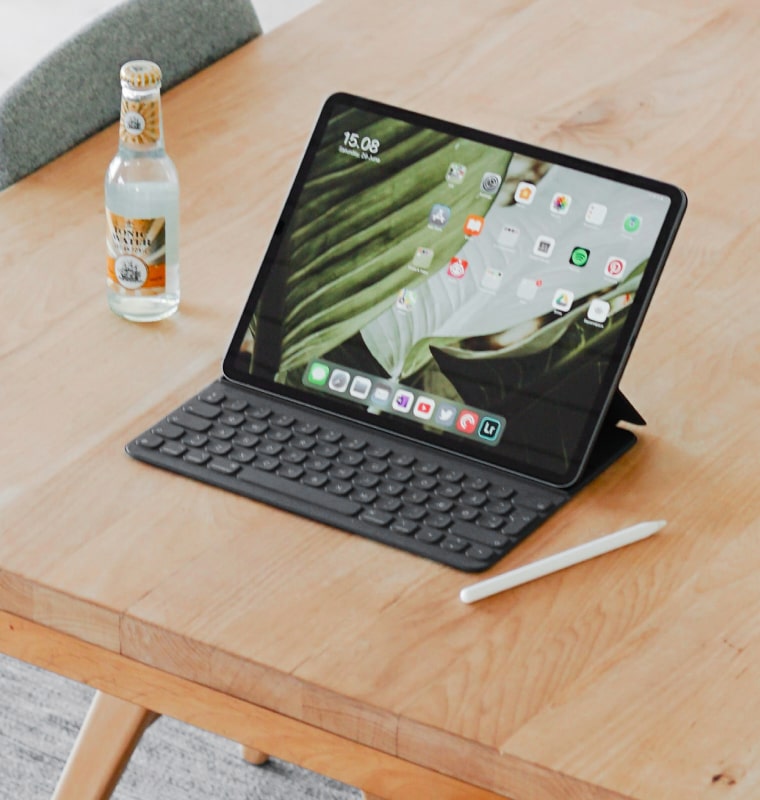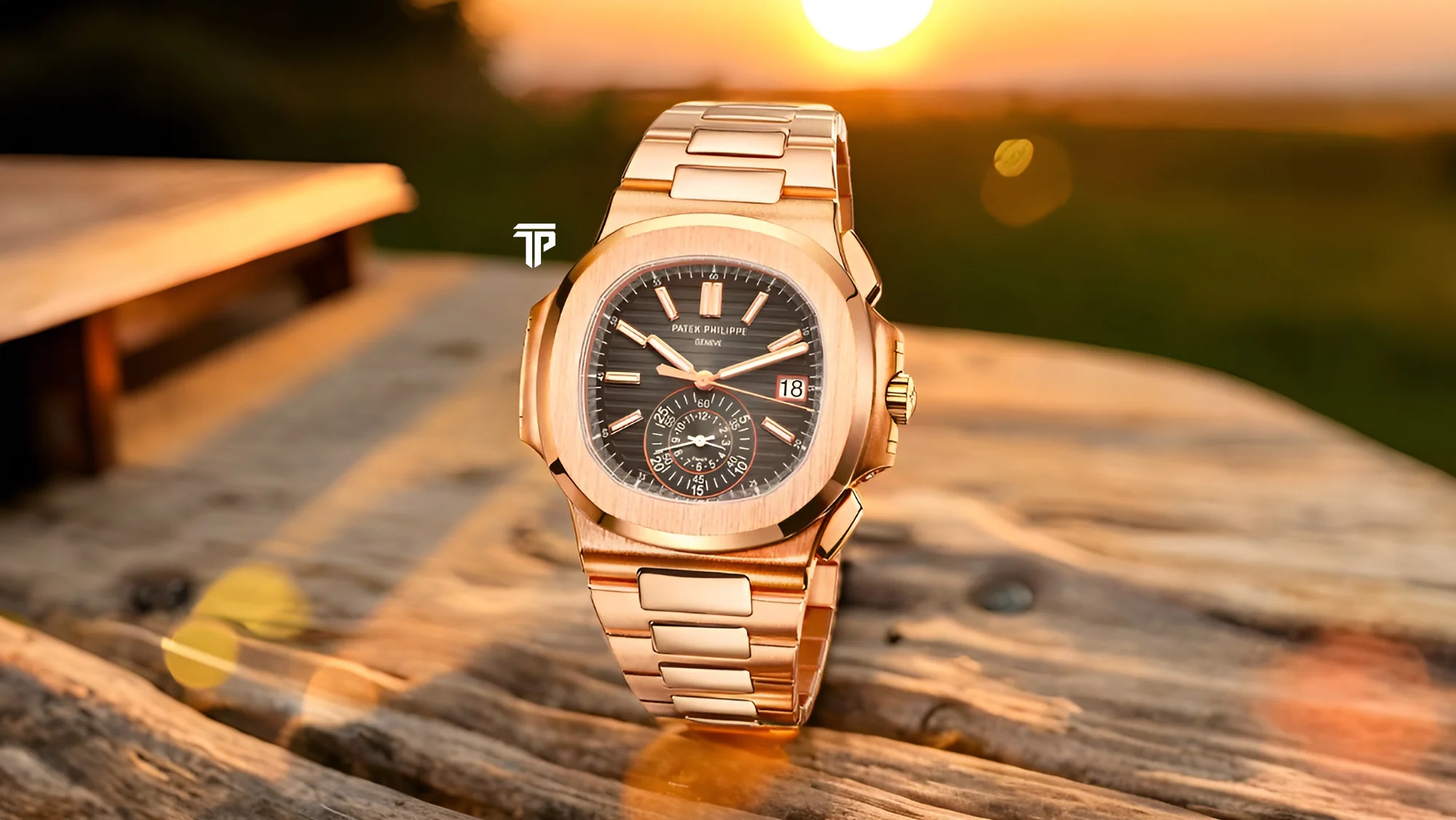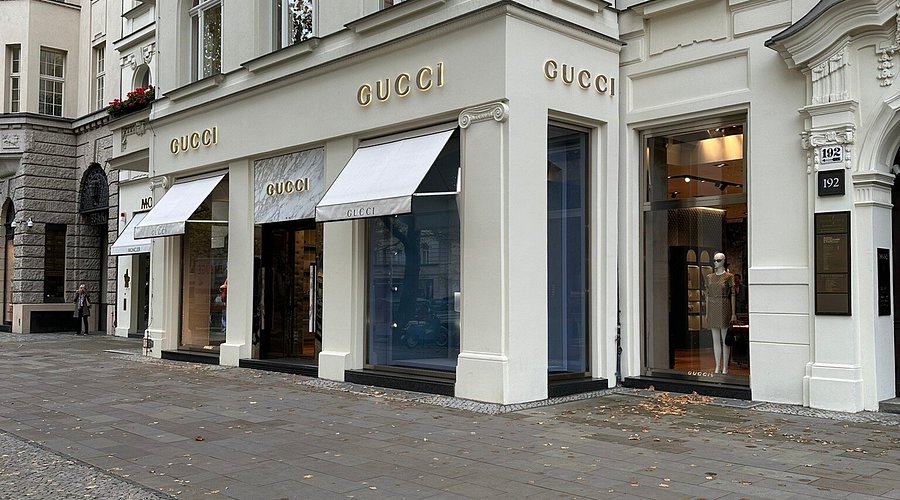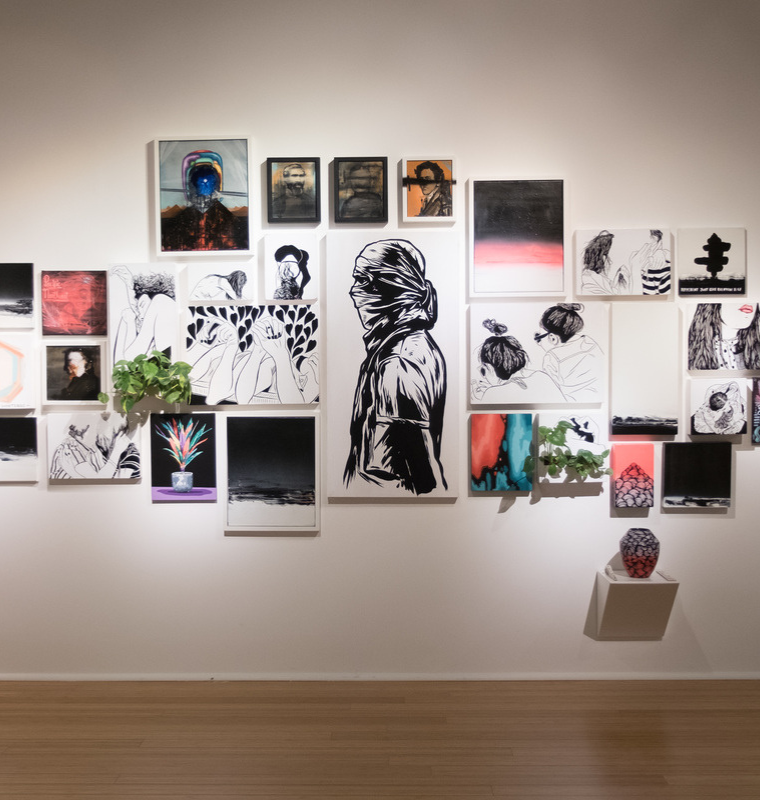The Ultra Rich Are Choosing Borrowed Luxury Over Ownership
By
John Carter
Last updated:
November 4, 2025
First Published:
November 4, 2025

A New Philosophy of Possession
A quiet revolution is unfolding among the ultra wealthy. The concept of ownership, once seen as the ultimate expression of success, is losing its charm. Instead, a growing number of affluent individuals are embracing the idea of borrowed luxury. From private jets and superyachts to art collections and haute couture, the rich are opting to experience rather than own. This shift signals a deeper change in the psychology of wealth—where freedom, fluidity, and access have become more desirable than permanence.
The Age of Experience Over Ownership
In the past, luxury meant accumulating possessions that symbolized power and status. But in today’s fluid economy, true luxury is measured by the richness of one’s experiences. The wealthiest clients now favor exclusive access to curated moments over the burden of ownership. Companies that offer fractional ownership or private membership models—such as luxury travel clubs or art leasing programs—are thriving. For these individuals, it is not about how much one owns, but how freely one can move between worlds.
The Practical Allure of Flexibility
Borrowed luxury offers something that ownership often cannot—flexibility. Maintaining a fleet of cars, multiple homes, or a private jet demands time, attention, and a small army of managers. Renting or subscribing to high-end experiences eliminates the weight of maintenance and management. The modern elite prefer a lifestyle that adapts to their needs, not one that ties them down. This freedom to choose, change, and move without constraint is becoming the new hallmark of sophistication.
Sustainability and the Conscious Rich
The embrace of borrowed luxury also aligns with the rise of conscious capitalism. The new generation of wealthy individuals is far more attuned to sustainability and ethics. They understand that constant consumption strains both the environment and social equity. Choosing to borrow rather than buy reflects a subtle but powerful statement about responsible living. Whether through shared art collections or eco-focused travel experiences, this approach allows the affluent to indulge without leaving a lasting footprint.
Technology as the Enabler of Access
Digital innovation has made the luxury-as-a-service model not only possible but effortless. Apps and private concierge platforms now give instant access to exclusive villas, private jets, or couture pieces. The frictionless nature of technology has blurred the line between ownership and experience. What once required vast management structures is now accessible with a tap. For the wealthy, this instant access satisfies their desire for convenience while preserving their sense of exclusivity.
The Subtle Prestige of Non-Permanence
Ironically, letting go of ownership has become a status symbol in itself. There is quiet prestige in not needing to own what others spend lifetimes pursuing. Among the modern elite, understatement is the new opulence. Borrowed luxury fits this aesthetic perfectly—it reflects refinement, awareness, and the confidence to remain unattached. The message is clear: true power lies in choice, not possession.
Shaping Identity Through Transient Luxury
Wealth has always been a form of storytelling, and today’s rich are rewriting the narrative. By choosing borrowed luxury, they craft identities that are fluid, diverse, and adaptable. A person may spend one month on a rented yacht in the Mediterranean and the next in a minimalist villa in Kyoto. Each experience shapes their persona without anchoring them to any single identity. This transient form of luxury allows them to explore the world while remaining perpetually in motion.
The Return of Discreet Living
Borrowed luxury also supports a growing desire for privacy among the wealthy. Ownership often attracts attention—properties, cars, and artworks become public symbols of affluence. By renting or subscribing, the affluent can enjoy these luxuries without leaving a trace of possession. It is a discreet way to live lavishly, avoiding the spotlight while still indulging in everything the world’s best has to offer.
Economics of Access and Affluence
From a financial perspective, the logic of borrowed luxury is clear. Assets like yachts, private jets, or art depreciate or require constant upkeep. Leasing or sharing them through exclusive clubs allows the wealthy to redirect their capital into more lucrative investments. Access becomes an efficient strategy—a way to live luxuriously without compromising liquidity. In a world where financial agility matters as much as wealth itself, this approach represents a smarter form of luxury management.
A Future Where Access Is the Ultimate Luxury
The rise of borrowed luxury reflects a broader truth about the evolution of wealth. The new rich value agility over accumulation, experience over ownership, and discretion over display. This movement is not about having less but living smarter. As the boundaries of luxury continue to shift, access will become the true symbol of power—proof that the most sophisticated form of possession may be not owning at all.
Subscribe to unlock premium content
Sed at tellus, pharetra lacus, aenean risus non nisl ultricies commodo diam aliquet arcu enim eu leo porttitor habitasse adipiscing porttitor varius ultricies facilisis viverra lacus neque.
A comprehensive guide on Agile development

10 Productivity tools that are worth checking out

Top 7 Must have management tools for productivity

A comprehensive guide on Agile development

10 Productivity tools that are worth checking out

A comprehensive guide on Agile development









